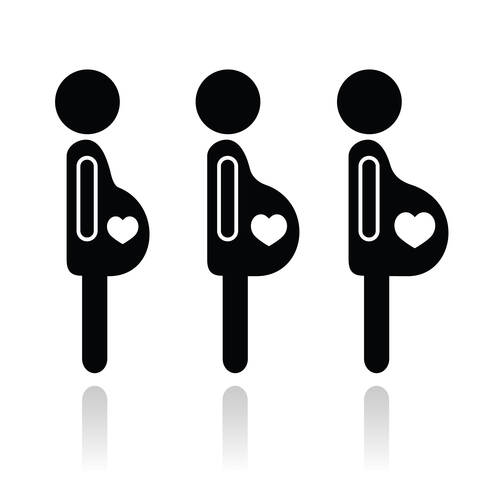Earlier this year the Minnesota Catholic Conference entered into an unusual partnership. As the state legislature considered two bills that would have legalized commercial surrogacy, Catholic leaders worked together with Kathleen Sloan, an executive board member of the National Organization of Women, to lobby against the measures. The proposed laws, which would have granted judges the authority to adjudicate surrogacy contracts, were ultimately defeated.
The partnership is a sign that church leaders can work with a variety of individuals and groups when they share a common cause, even if they have sincere disagreements on other issues. Ms. Sloan is pro-choice, but she and other feminists have deep concerns about the practice of commercial surrogacy because of its potential to exploit women both in this country and abroad. Church leaders share these concerns and are working to stymie commercial surrogacy legislation in states across the nation.
They face a difficult challenge. An estimated 2,000 or more babies will be born through surrogacy in the United States this year, though experts say the procedure is underreported. Gestational surrogacy, in which a woman brings to term an embryo created by another family, is treated differently from state to state. Paid surrogacy has been legal in California for many years. Surrogacy agreements have been prohibited in New York since the Baby M debacle in the 1980s, but groups are actively lobbying for a change in the law. Louisiana recently considered a bill that would have allowed for paid surrogacy agreements, but that bill was also defeated, thanks in part to the efforts of the Louisiana Conference of Catholic Bishops. “Surrogacy arrangements commercialize and objectify women, relegating them to a utilitarian purpose,” the bishops wrote.
The European Parliament has also spoken out strongly against commercial surrogacy because of the obvious potential for abuse. In a 2011 resolution aimed at combatting violence against women, the parliament stated “that these new reproductive arrangements, such as surrogacy, augment the trafficking of women and children and illegal adoption across national borders.” In Germany, France and Italy commercial surrogacy is banned outright, though some countries, including Canada, allow for “altruistic surrogacy” between friends or family members.
Local laws, however, can have limited effect when families are able to hire surrogates in other countries. In India the country’s surrogacy industry is expected to reach $2.5 billion by 2020. The Akanksha Clinic in Gujarat has drawn praise from Oprah Winfrey for “making mothers’ dreams come true.” Left unsaid is that these dreams come at a cost: surrogate mothers from very poor communities are forced to live in rooms with 10 or 15 other mothers, away from their families, for most of their pregnancy. A recent case in Thailand points to the moral horrors that commercial surrogacy can introduce: an Australian couple refused to take responsibility for one of two twins born to a surrogate because the child had Down Syndrome.
Proponents of legalization argue that it is better to bring surrogacy out into the open so it can be regulated properly. They point to the sincere desire of many people to start a family, even if, at the cost of hundreds of thousands of dollars, this procedure is only available to the wealthy. These desires are surely heartfelt, and the children who are born of surrogacy deserve our welcome no less than other children. Yet serious questions must be raised about a practice that commodifies the body of one woman in the interest of fulfilling another family’s long-held dream. The long-term effects on children, who will naturally have questions about how they were conceived and brought to life, are also poorly understood. It is important to remember that, as the Louisiana bishops wrote, “a child is truly a gift to be given as opposed to a right to attain” and that individuals may be called to other forms of family life.
At a time when more women decide to have children later in life, and same-sex male couples are trying to start families of their own, the practice of surrogacy is sure to grow in popularity if other policy alternatives are not explored. European nations may restrict surrogacy, for example, but they offer many other family friendly policies. A robust government-funded child care program would surely help more women to balance a family and a career at an earlier stage in life. More research into the causes of infertility is also warranted. Finally, adoption friendly polices should be enacted on both the state and national level. The federal adoption tax credit should be expanded. Programs for foster children should be both adequately funded by local governments and heavily promoted by faith communities. When so many people are eager to start a family, it is critical to remember the thousands of children who are just as eager to find one.








